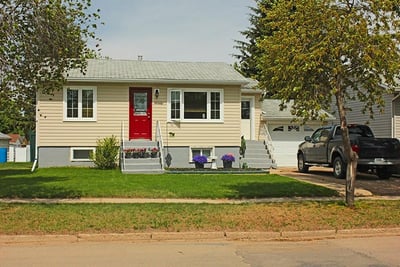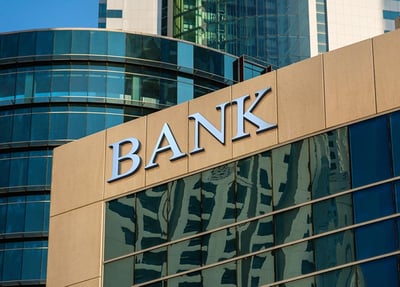How Can Liquidity Risk And Credit Risk Cause Insolvency?

Above-average returns always come with above-average risks. A thorough analysis can reveal the different types of risk that an investment may hold. Knowing the risks within an investment can help investors to manage those risks better.
Can a Hospital Invest in an Opportunity Zone?

Now that we’re almost four years into the Opportunity Zone Program, we know what it’s about. We understand that it was passed as part of the Tax Cut and Jobs Act of 2017, and that it’s in place as a way to spur economic development within federally designated low-income communities (i.e., Qualified Opportunity Zones, or QOZs).
How Is a Tax Shelter Calculated In Real Estate?

Investing in commercial real estate offers many unique tax benefits, primarily the ability to claim depreciation deductions on income-producing properties and defer capital gains from the sale of an investment property by completing a 1031 exchange.
What Is a Single-Family Home?

If you’ve browsed any real estate site for properties, you have likely encountered the term “single-family home” numerous times. This is what the average person has in mind when they think of a home. A single-family home can serve a variety of functions that include living, renting, selling, and more. In this post, we will focus on defining what a single-family home is and the pros and cons of renting one.
Can Opportunity Funds Invest in Companies?

The Opportunity Zone program was created by the passage of the Tax Cuts and Jobs Act in 2017 as part of the Investment in Opportunity section of the legislation. The action intended to encourage investment in economically challenged areas throughout the United States and its territories by designating specific places as Qualified Opportunity Zones. The investments would be spurred by deferral and potential reduction of capital gains for investors who directed their resources to projects in the targeted areas.
Strategies for Deferring and Reducing Capital Gains, Part 2 [Webinar Recap]
![Strategies for Deferring and Reducing Capital Gains, Part 2 [Webinar Recap]](https://www.realized1031.com/hs-fs/hubfs/capitalgainsiStock-1064221138.jpg?width=400&name=capitalgainsiStock-1064221138.jpg)
The Qualified Opportunity Zone (QOZ) program was created by the Tax Cuts and Jobs Act of 2017 to encourage long-term investment in designated communities known as Qualified Opportunity Zones. QOZs are also required to be either new developments or substantial renovations must be made to existing buildings.
Can Banks Create Their Own Opportunity Funds?

Opportunity zones and opportunity funds were created by former President Donald Trump under the Tax Cuts and Job Act of 2017. President Trump created these investment opportunities in an attempt to turn around the economies in distressed, low-income, and underfunded areas. In order for a community to be recognized as an opportunity zone, it must receive that designation from the state and then be certified as such by the U.S. Treasury through the IRS.
Inflation or Deflation: What Is the Difference and How Do They Affect the Economy?

There’s a furious debate as to whether the current spike in inflation will be transitory or not. The FED has stated they are firmly in the camp of transitory inflation. However, many believe increased inflation is here to stay.
How to Defer Capital Gains After Exiting an Opportunity Zone

When you choose to invest in a Qualified Opportunity Zone (QOZ), there are several potential motivations. First, you may be seeking to defer the payment of taxes on capital gains earned on another investment. If that is one of the reasons, keep in mind that you must invest the eligible profit into a Qualified Opportunity Fund (QOF) within 180 days of the date that the gain would be recognized for federal income tax purposes.
What Is the History of Tenants-in-Common?

If you’re looking for a way to buy a piece of property with another person or people but don’t want to go to the trouble of forming an LLC, you can consider a Tenant-in-Common (TIC) structure.


